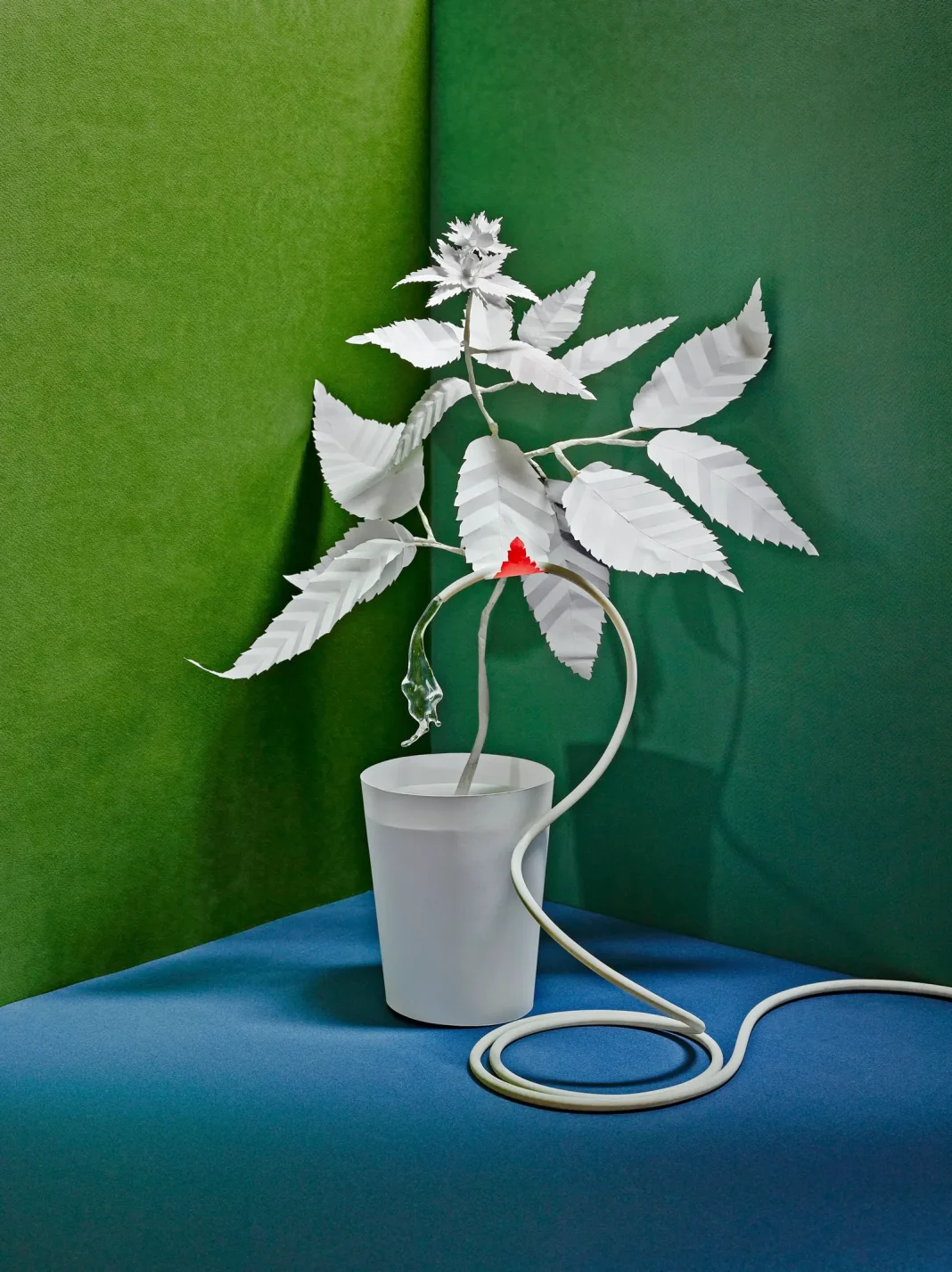By Milcah Tanimu
Plants are often perceived as simple, passive organisms that merely grow and provide oxygen. However, they possess remarkable abilities that extend far beyond the basics of photosynthesis. Here are five astonishing things you might not know about plants:
1. **Sending SOS Signals**
When under attack by herbivores, plants can’t escape, but they can still fight back. Some plants release chemicals into the air that act as distress signals, attracting predators of the herbivores consuming them. For instance, a plant under threat might emit a scent that draws in wasps, which then prey on the plant’s attackers, offering a defense mechanism.
2. **Sensing Their Surroundings**
Plants have their own unique way of “smelling.” For example, the parasitic dodder vine can detect the scent of nearby tomato plants and latch onto them to extract nutrients. This sensory ability helps plants identify potential hosts or competitors, contributing to their survival.
3. **Internal Timekeepers**
Much like humans, plants have an internal clock that helps them anticipate daily environmental changes, such as sunrise and sunset. This circadian rhythm allows plants to optimize processes like photosynthesis and blooming, ensuring they align with the activities of pollinators and maximize sunlight use.
4. **Giant Clonal Colonies**
Some plants can propagate into extensive colonies from a single root system. A notable example is the Pando aspen grove in Utah, which spans over 100 acres and consists of genetically identical trees connected by a single root network. This allows the colony to persist and expand over millennia, showcasing a unique method of plant reproduction.
5. **Underground Communication Networks**
Trees and plants often form intricate underground networks of roots and fungi, known as mycorrhizal networks. These networks enable them to share nutrients and communicate. For instance, a tree under pest attack can send warning signals through these networks, prompting neighboring trees to bolster their defenses, thereby enhancing the overall health of the plant community.
Next time you encounter a plant, remember that it’s not just sitting idle; it might be actively sensing, communicating, and even defending itself in ways we are still discovering. The world of plants is truly full of hidden marvels.





